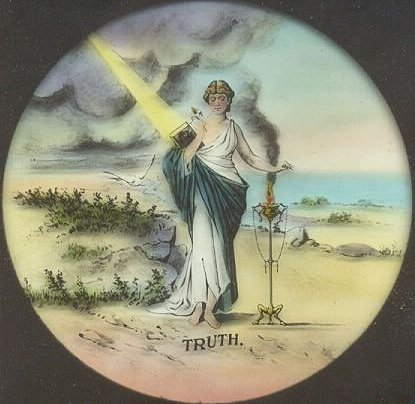
My senior year thesis in Economics was Brazilian hyperinflation. After creating oodles of econometric models based on numerous commonly held truths about inflation, the only factor that was significantly correlated to hyperinflation was inflation expectations.
The news, the financial analysts and even the Wall Streeters love to talk about inflation and its roots being firmly grounded in money supply. The truth is that while money supply is a factor, the issue of inflation is psychological. A government can theoretically print money until kingdom come, so long as the population values those dollars the same.
This reality of people not realizing increased money supply as inflationary is often explained by financial spinsters as the theory of the velocity of money. In other words, whether money is actually being circulated or whether it is parked in places where it isn't creating new capital or purchasing goods and services. In other words, under this theory the printing money without that money being used is a canceling of sorts of inflation.
While I believe from a strict construction stand-point these two theories may amply define the causes of inflation- the real question still comes down to people's perception of money's value. With record deficits and the printing presses hard at work, the dollar just hit a one year high today against all major currencies. Why? How?
First, in a globalized world the dollar is either strong or weak based on what it is compared against, another currency. The dollar no longer can be evaluated in a vacuum. Every day dollars are evaluated based not only on the demand of individuals and entities for dollars to use for purchases, dollar value is also based on institutional investment preferences to hold dollars instead of another currency or asset. This preference influence in the short run is more relevant than fundamental needs.
Ask yourself this, "If Europe just approved a one trillion dollar Euro infusion on May 20, 2010, why did the Euro increase in value to a value of $1.26/Euro from $1.23/Euro one day prior to the infusion commitment?" If there is more Euros to be circulated wouldn't that increase in supply devalue its value? Yes, maybe but no, is the answer currency investors have given. Some maintain increased money supply in Euros is less inflationary than allowing the credit woes of Greece, Portugal and Italy spread across the region because that would make goods and services far more expensive due to borrowing costs to procure them in a currency under fire.
But wouldn't a debt crisis be deflationary? Well, it should, but the investors preference to hold Euros now that an orderly support has been set in place has counteracted that premise. Sound confusing, it sure ought to.
The simple truth is that no one, including myself, can tell you why inflation and moreover hyperinflation occurs. It's a psychological and sociological phenomena. If inflation can be correctly determined to be a vote of confidence in prices and the economy, hyperinflation is the loss of confidence in paper as a proper valuation of goods and services. In sum, the two are very different causes of a devaluation of currency. One is based in beliefs based in strength of the underlying assets, while the other is based in beliefs of the weakness of purchasing power of money. The most important takeaway is both are created by beliefs and neither are based directly in the concepts of supply and demand.
Regardless of our current deficits, money supply, or central bank subsidies, if people are unable to see wage appreciation (mostly because of excess supply in labor and global pressure on wages) the US will not experience inflation. A simple look at the producer price index from April demonstrates this reality (0% price inflation). The reader can come to this same conclusion through common sense. If you were a business owner would you favor raising your prices to consumers today? If the answer is "No, the economy won't sustain increased prices," the disconnect becomes clear. Inflation is a vote of confidence that assets will appreciate versus the currency. Hyperinflation is the ability of a public to rapidly increase prices on fears the currency isn't worth the assets. The US cannot raise prices on either account because the average citizen doesn't have the currency in the first place.



